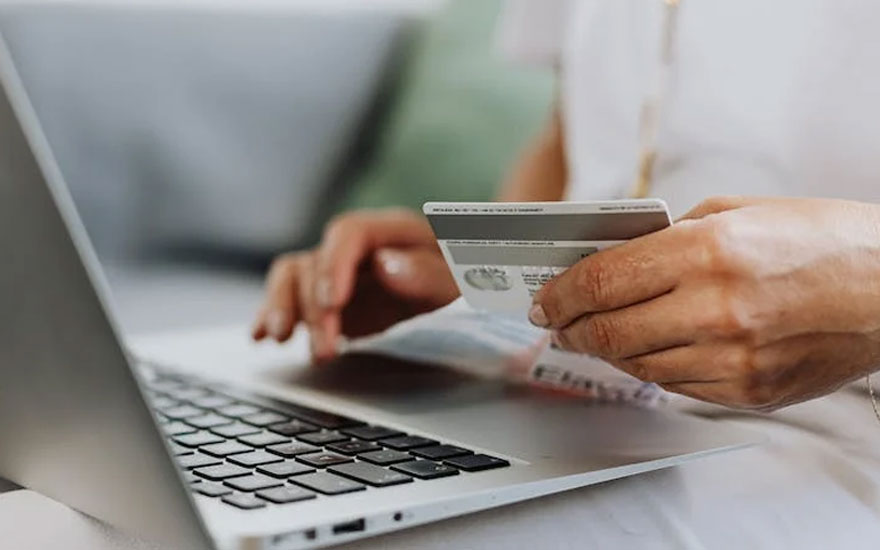
Fraudsters are constantly finding innovative ways to exploit vulnerabilities and steal your money. One fairly new method gaining prominence is triangulation fraud, a deceptive practice that puts both consumers and businesses at risk. In these final days before Christmas, remember to be extra careful when shopping online.
What is Triangulation Fraud?
Triangulation fraud involves a fake retail website set up by fraudsters, an unsuspecting customer, and a legitimate retailer. Here’s the basic process:
- Fraudsters create a fake retail website that attracts unsuspecting customers with name-brand products at ‘too good to be true’ prices.
- Once a customer places an order, the fraudsters purchase the desired product from a legitimate source using stolen credit card information from a previous shopper.
- The customer’s credit card is billed for the ‘too good to be true’ price and the item is shipped from the legitimate seller to the customer. This creates the illusion of a genuine transaction.
If the customer receives the item, why is this bad?
This is bad for a number of reasons. First off, the fake retail site is using stolen credit card information to complete the transaction. Second, if you’re the customer in this scenario, the fake retail website now has your credit card information as well, which will be used in future fraudulent transactions, both to rip you off and to fool other customers. Likewise, customers fooled into thinking that this is a legitimate transaction often leave glowing reviews on the fake retail site, thus perpetuating the scam. The scam also causes reputational damage to legitimate retailers and erodes overall trust in online transactions.
Why is it more common during the holiday season?
Criminals typically schedule the scheme for the holiday season because merchants are less alert to suspicious delivery behavior. It is not uncommon for gift purchases to be shipped somewhere different than the billing address. Likewise, shoppers are typically more concerned about if they received the item as oppose to from where it was shipped.
How to protect yourself:
Be alert! Consumers should exercise caution when encountering online deals that seem too good to be true. Thoroughly research the legitimacy of the e-commerce platform and check for customer reviews before making a purchase.
Use secure payment methods whenever possible. Credit cards often provide additional layers of protection against fraudulent transactions, so they are typically safer than debit cards for online transactions.
Report suspicious activity. If you come across a suspicious website or believe they have fallen victim to triangulation fraud, report the incident to relevant authorities and their financial institution.
Triangulation fraud poses a significant threat to both consumers and legitimate businesses operating in the online marketplace. As technology evolves, so too do the tactics of fraudsters. Awareness, vigilance, and education are crucial in combating this type of deception. By staying informed and taking precautionary measures, you as a consumer can protect your money while contributing to the collective effort to create a safer online environment.